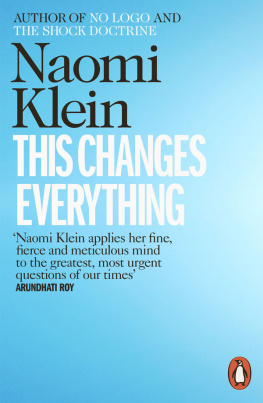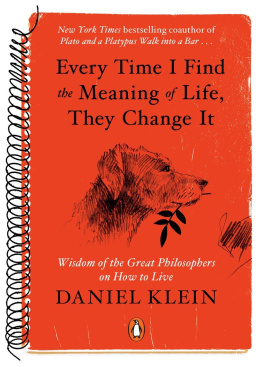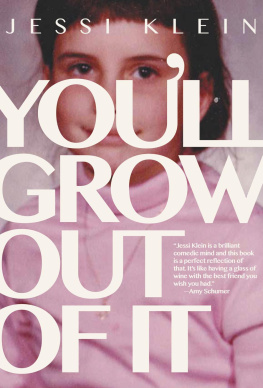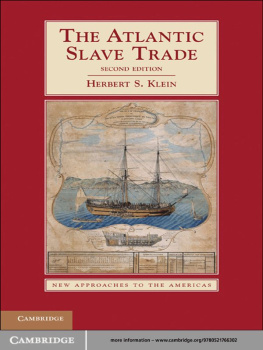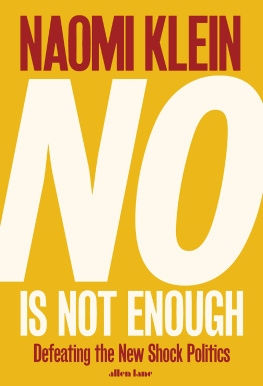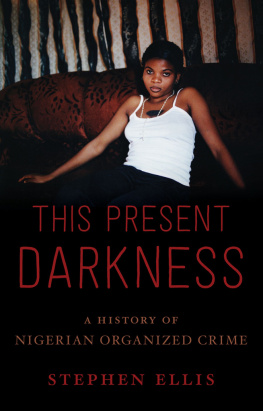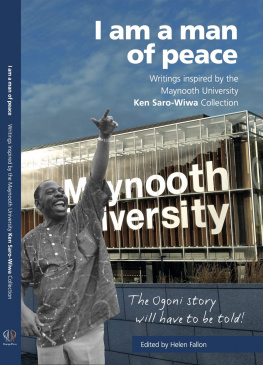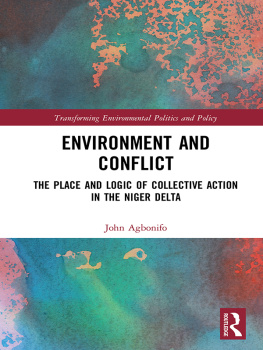Naomi Klein
THIS CHANGES EVERYTHING
Capitalism vs. the Climate
Contents
PART ONE
BAD TIMING
PART TWO
MAGICAL THINKING
PART THREE
STARTING ANYWAY
PENGUIN BOOKS
THIS CHANGES EVERYTHING
The book the world has been waiting for. I urge everyone to read it. It is her most prescient book yet Cornelia Parker, Observer, Books of the Year
This is a conversation that needs to happen on a large scale, and on a local scale, and on a personal scale, very soon. If the oceans die, so do we. Its that simple Margaret Atwood, Guardian, Books of the Year
Gripping and dramatic Roy Scranton, Rolling Stone
Today @NaomiAKleins new book #ThisChangesEverything is out now Im reading it its great Russell Brand
This Changes Everything challenges the values by which we live John Powers, Vogue
One of the most influential books of our time Owen Jones
[Her] words and knowledge run deep, inspiring change and the need for immediate action Charlize Theron
A book for those who dont read climate change books Her task is to take a potential catastrophe of unimaginable reach and to be calm and welcoming, drawing new people in Jenny Turner, Guardian
The voices Klein gathers from across the world achieve a choral force What she does, brilliantly, is provide a historically refined expos of capitalisms drift toward monopoly To change economic norms and ethical perceptions in tandem is even more formidable than the technological battle to adapt to the heavy weather coming down the tubes. Yet This Changes Everything is, improbably, Kleins most optimistic book. She braids together the science, psychology, geopolitics, economics, ethics and activism that shape the climate question Rob Nixon, The New York Times
Nothing less than a political, economic, social, cultural and moral make-over of the human world Mike Hulme, New Scientist
Uplifting: humans have changed before, and can change again Camilla Cavendish, Sunday Times
The beauty of this book is that suddenly, imagining a different world - tragically diminished in some ways, yes, but deeply inspiring in others - doesnt seem quite so much like an act of fantasy Truth Out
One of the basic texts of the modern era no one will take you seriously until youve read every single page Toronto Star
Naomi Klein is a genius. She has done for politics what Jared Diamond did for the study of human history. She skilfully blends politics, economics and history and distils out simple and powerful truths with universal applicability Robert F. Kennedy, Jr.
This may be the first truly honest book ever written about climate change Time
Klein is not paralyzed by enormous, fundamental, systematic problems. Instead, she excels at dissecting them. Such was true of No Logo and The Shock Doctrine, and the same can be said with This Changes Everything. No one could have been better chosen to bring such an unsettling issue to the mainstream than Klein. The result is an excellent and plausible balance between fear and hope, and a call for social activism Libby Blanchard, Huffington Post
One of the most important books of the decade Amitav Ghosh
This is the best book about climate change in a very long time - in large part because its about much more. It sets the most important crisis in human history in the context of our other ongoing traumas, reminding us just how much the powers-that-be depend on the power of coal, gas and oil. And that in turn should give us hope, because it means the fight for a just world is the same as the fight for a liveable one Bill McKibben author of The End of Nature and co-founder of 350.org
If global warming is a worldwide wake-up call, were all pretty heavy sleepers Kleins sharp analysis makes a compelling case that a mass awakening is part of the answer Chris Bentley, Chicago Tribune
ABOUT THE AUTHOR
Naomi Klein is an award-winning journalist, syndicated columnist and author of the #1 international bestsellers The Shock Doctrine and No Logo. She is a member of the board of directors for 350.org, a global grassroots movement to solve the climate crisis, a Puffin Foundation Writing Fellow at the Nation Institute, and a former Miliband Fellow at the LSE. She holds an honorary Doctor of Civil Laws from the University of Kings College, Nova Scotia.
For Toma
We need to remember that the work of our time is bigger than climate change. We need to be setting our sights higher and deeper. What were really talking about, if were honest with ourselves, is transforming everything about the way we live on this planet.
Rebecca Tarbotton, Executive Director of the Rainforest Action Network, 19732012
In my books Ive imagined people salting the Gulf Stream, damming the glaciers sliding off the Greenland ice cap, pumping ocean water into the dry basins of the Sahara and Asia to create salt seas, pumping melted ice from Antarctica north to provide freshwater, genetically engineering bacteria to sequester more carbon in the roots of trees, raising Florida 30 feet to get it back above water, and (hardest of all) comprehensively changing capitalism.
Science fiction writer Kim Stanley Robinson, 2012
Introduction
One Way or Another, Everything Changes
Most projections of climate change presume that future changesgreenhouse gas emissions, temperature increases and effects such as sea level risewill happen incrementally. A given amount of emission will lead to a given amount of temperature increase that will lead to a given amount of smooth incremental sea level rise. However, the geological record for the climate reflects instances where a relatively small change in one element of climate led to abrupt changes in the system as a whole. In other words, pushing global temperatures past certain thresholds could trigger abrupt, unpredictable and potentially irreversible changes that have massively disruptive and large-scale impacts. At that point, even if we do not add any additional CO2 to the atmosphere, potentially unstoppable processes are set in motion. We can think of this as sudden climate brake and steering failure where the problem and its consequences are no longer something we can control.
Report by the American Association for the Advancement of Science, the worlds largest general scientific society, 2014
I love that smell of the emissions.
Sarah Palin, 2011
A voice came over the intercom: would the passengers of Flight 3935, scheduled to depart Washington, D.C., for Charleston, South Carolina, kindly collect their carry-on luggage and get off the plane.
They went down the stairs and gathered on the hot tarmac. There they saw something unusual: the wheels of the US Airways jet had sunk into the black pavement as if it were wet cement. The wheels were lodged so
Eventually, a larger, more powerful vehicle was brought in to tow the plane and this time it worked; the plane finally took off, three hours behind schedule. A spokesperson for the airline blamed the incident on very unusual temperatures.
The temperatures in the summer of 2012 were indeed unusually hot. (As they were the year before and the year after.) And its no mystery why this has been happening: the profligate burning of fossil fuels, the very thing that US Airways was bound and determined to do despite the inconvenience presented by a melting tarmac. This ironythe fact that the burning of fossil fuels is so radically changing our climate that it is getting in the way of our capacity to burn fossil fuelsdid not stop the passengers of Flight 3935 from reembarking and continuing their journeys. Nor was climate change mentioned in any of the major news coverage of the incident.

